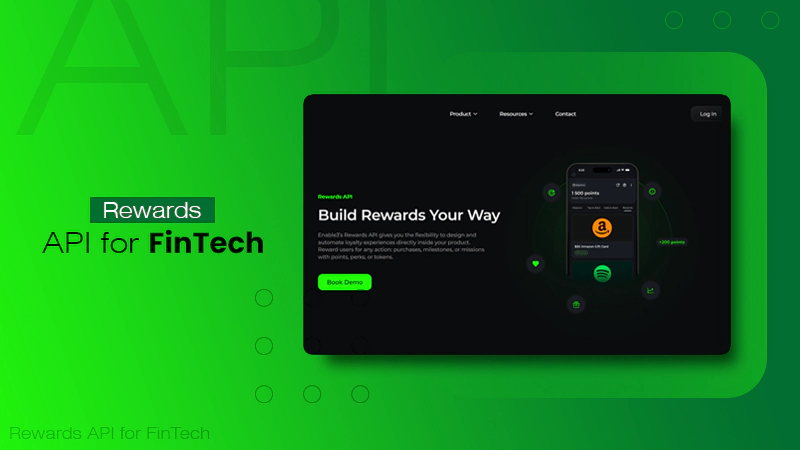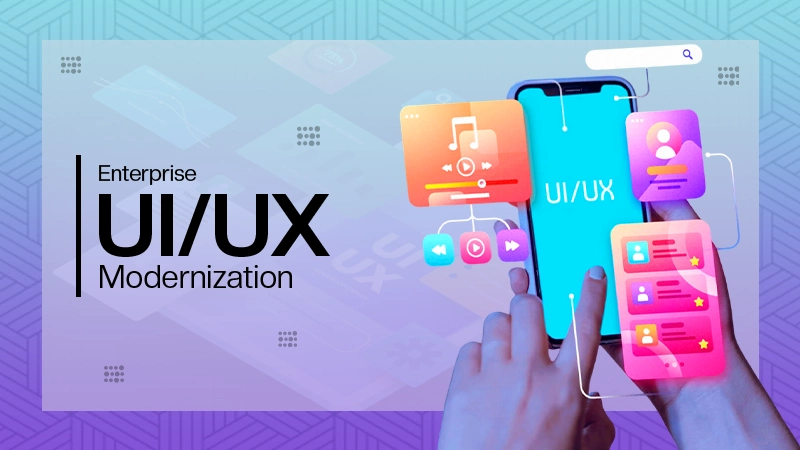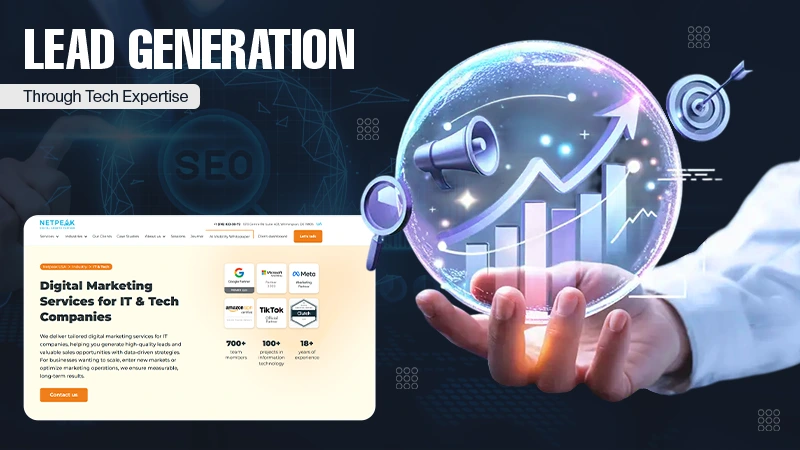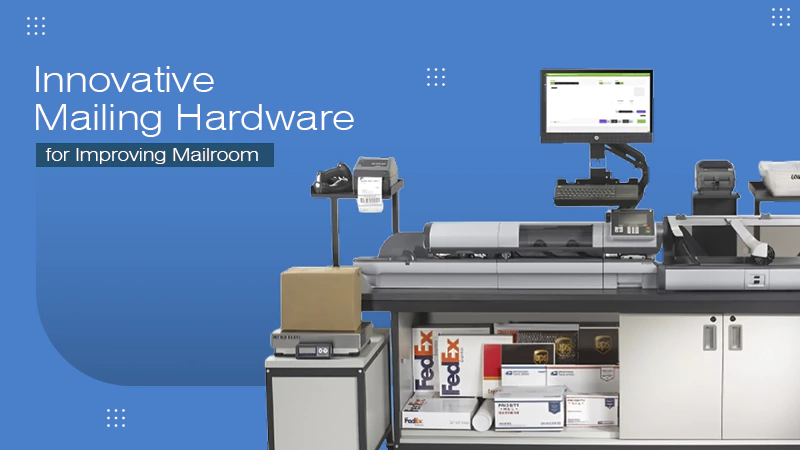It guides decisions about diet, exercise, and routine checkups, which ensure a tailored approach to prevention.
Unlocking the Code: Why DNA Data Solutions Are Driving the Future of Health Research

Did you know, a few grams of DNA could store the entire world’s data? Sounds crazy, right? But this is true, and so is the fact that in recent years, the importance of the DNA data solution in healthcare has increased.
These amazing technologies are not just changing how we understand health and diseases: they are transforming the entire medical research and treatment.
Let’s explore more about what DNA data solutions actually are, why they are important, and so on. Let’s start.
KEY TAKEAWAYS
- Understand the DNA solutions and who uses them
- Learn why it matters more now
- Discover what to look for in a DNA data platform
What Are DNA Data Solutions?
DNA data solution simply means the technology and tools that are designed to gather, store, and analyze the genetic information. But keep in mind that it’s not just about storing raw data.
This solution also helps researchers and health providers by providing software, a database, and analytics tools to help with complex genetic data.
Why It Matters More Than Ever?
The importance of DNA data has increased in recent years, and there are some significant reasons behind it. Here they are:
- Data Usability: Now, the thing about raw sequencing data is that they are like a locked door. These solutions help them translate into something easy to read and analyze.
- Speed and efficiency: Automation tools also help in reducing the time from sequencing to insights.
- Privacy and Compliance: Genetic Privacy is becoming a real concern, which is why DNA data platforms are designed with de-identification and ethical handling in mind.
- Interrogation Ready: Good solutions should work with the existing research ecosystem.
DID YOU KNOW
Despite our diverse appearances and personalities, humans are astonishingly similar at a genetic level. In fact, 99% of human DNA is the same.
Who Uses DNA Data Solutions?
Use of the DNA data solutions is not limited to the medical or health sectors. There are various sectors that rely on this; here are some of them:
- Biotech and Pharma: Used to identify drug targets and customize therapies based on genetic profile.
- Research Institution: For investigating gene-disease relationships and guiding large-scale population research.
- Health and tech startup: Make consumer products that provide insight into nutrition, fitness, or disease risk.
- Public health organization: To analyze genetic trends in populations to address emerging health issues.
What to Look for in a DNA Data Platform?
Picking the right DNA data platform is very important in effective research and healthcare applications. Here are some things you should look for in a DNA data platform:
- Scalability: When the research expands, volumes of data expand too, so it is necessary for the data platform to grow according to it.
- Security: Since genetic information is so sensitive, security should be on priority to protect patient privacy.
- User-friendly Interface: A simple interface helps users like researchers and healthcare workers use the platform without any technical training.
- Integration Capabilities: To streamline workflow and enhance data analysis, the platform must have the ability to work with other tools and systems.
- Support and Training: Support and training resources are significant to help users maximize capabilities and address any issues that arise.
Conclusion
DNA data solution is becoming essential in advancing health research. These platforms provide valuable insight into how genetics affects health and disease, which not only benefits researchers and healthcare professionals but also patients.
If you are looking for trusted companies in this space, NashBio’s genetic data offerings are worth exploring. Their de-identified, high-quality data sets are built for real-world research.
Frequently Asked Questions
What is the purpose of DNA research in the healthcare industry?
Is 90% of our DNA junk?
Close to 99% of our genome has been historically classified as noncoding, useless junk DNA.
What is the future of DNA research?
New DNA research offers new possibilities for early disease detection, targeted therapies, and precision medicine.
What are the three main applications of DNA technology?
Pharmaceuticals, and medicine, agricultural, and forensic science.
Would you want to know what poses the greatest threat to all of the information stored on your mobile device?…
Removable storage devices are small and delicate gadgets that keep all your best memories stored in them. This is why…
Huge user counts and millions of interactions, this illusion of great big numbers attracts more users to a platform. According…
Seeing an orange spot on MacBook screens is unsettling, but not every spot means damage. Sometimes it’s just Apple’s software…
FinTech and rewards go together. However, in FinTech, rewards are not just marketing tools. They sit right next to regulated…
Digital payments are evolving at a rapid pace. From every small enterprise seller to huge e-commerce platforms, digital payments have…
Most enterprise software still being used in the corporate world was developed years ago. According to Stefanini’s industry analysis, 60%…
The digital landscape is evolving every day; the competition is rising with the increase in the number of clients. So…
Traditional office mailrooms were slow and manual postal hubs. Businesses that still have that treat the entire area as a…





